Welcome to a journey through time as we step into the annals of history on January 1st. Each day is a page in the grand narrative of our world, and January 1 has witnessed its fair share of remarkable moments. From political revolutions and scientific breakthroughs to cultural milestones and tragic incidents, this day has been a stage for events that have left a lasting impact on humanity. Join us as we delve into the past and explore the “Major Historical Events on January 1 – Today in History”. These stories remind us that the tapestry of history is woven with threads of significance, and every day has a tale to tell.
Major Historical Events on January 1 – Today in History
630: Prophet Muhammad’s Conquest of Mecca
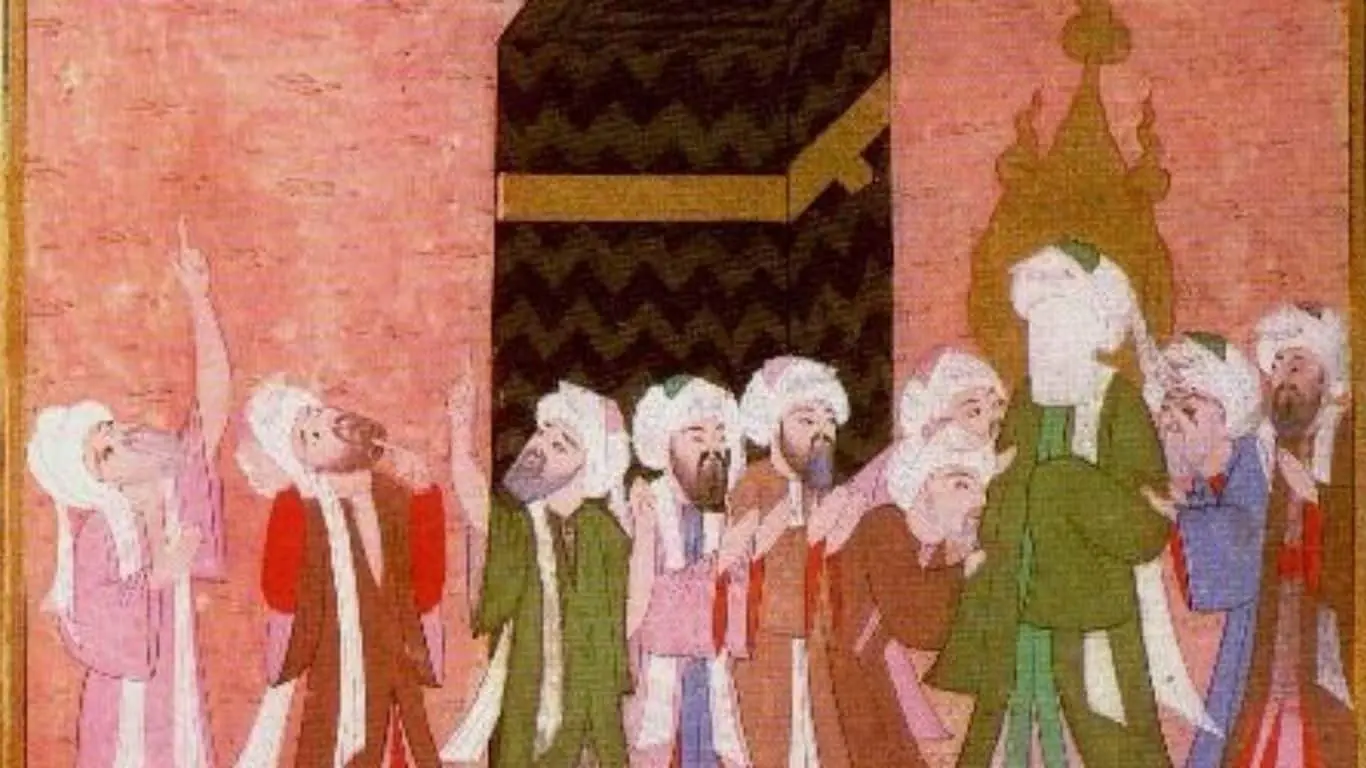
On this day in 630, Prophet Muhammad embarked on a momentous journey with an army of 10,000 strong to conquer Mecca. This event marked a pivotal moment in the history of Islam and the unification of Arabian tribes under Islamic rule.
1438: Albert II of Habsburg Crowned King of Hungary
In 1438, Albert II of Habsburg was crowned as the King of Hungary following the death of his father-in-law, King Sigismund. His reign brought about significant political changes in the region.
1502: Portuguese Expedition Discovers Bay of Guanabara
Portuguese explorer Pedro Álvares Cabral and his expedition became the first Europeans to discover the Bay of Guanabara, which they named Rio de Janeiro, albeit mistaking it for a river entrance. This discovery laid the foundation for future Portuguese colonization in Brazil.
1515: Francis I Succeeds King Louis XII of France
Francis, Duke of Angouleme, succeeded King Louis XII as Francis I of France in 1515. His reign was marked by significant developments in the arts, culture, and politics of Renaissance France.
1651: Charles II Stuart Crowned King of Scotland
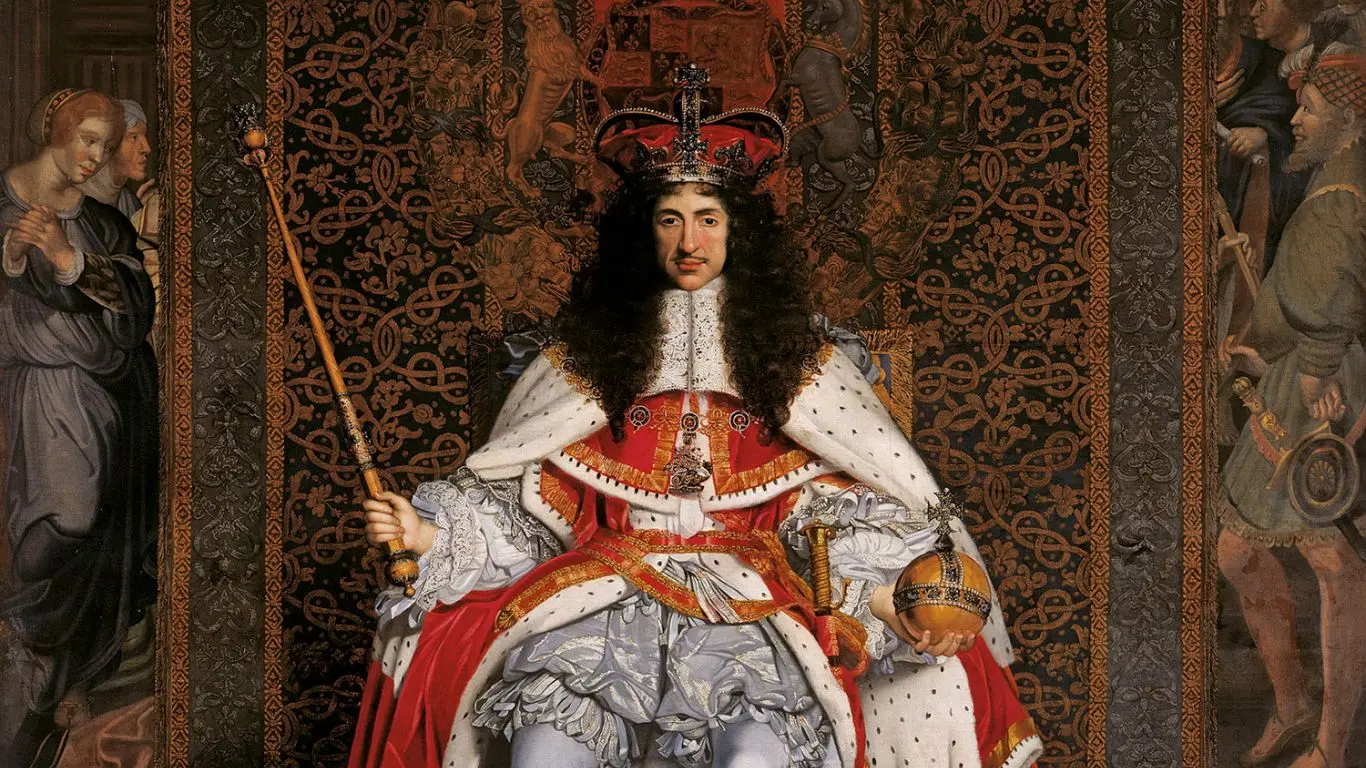
In 1651, Charles II Stuart was crowned as the King of Scotland at Scone Abbey. This event was part of the tumultuous political landscape during the English Civil War and the Interregnum period.
1707: John V Succeeds Pedro II as King of Portugal
John V succeeded his father, Pedro II, as the King of Portugal in 1707. His reign was characterized by significant cultural and architectural achievements, including the construction of the famous Palace of Mafra.
1710: Invention of the Folding Umbrella in Paris
Parisian merchant Jean Marius obtained a royal privilege for his invention of the folding umbrella, marking the introduction of this practical accessory to European society.
1724: Daniel Gabriel Fahrenheit Proposes the Fahrenheit Temperature Scale
German glassblower Daniel Gabriel Fahrenheit proposed a system for making thermometers and introduced the Fahrenheit temperature scale, which is still widely used today.
1739: Discovery of Bouvet Island
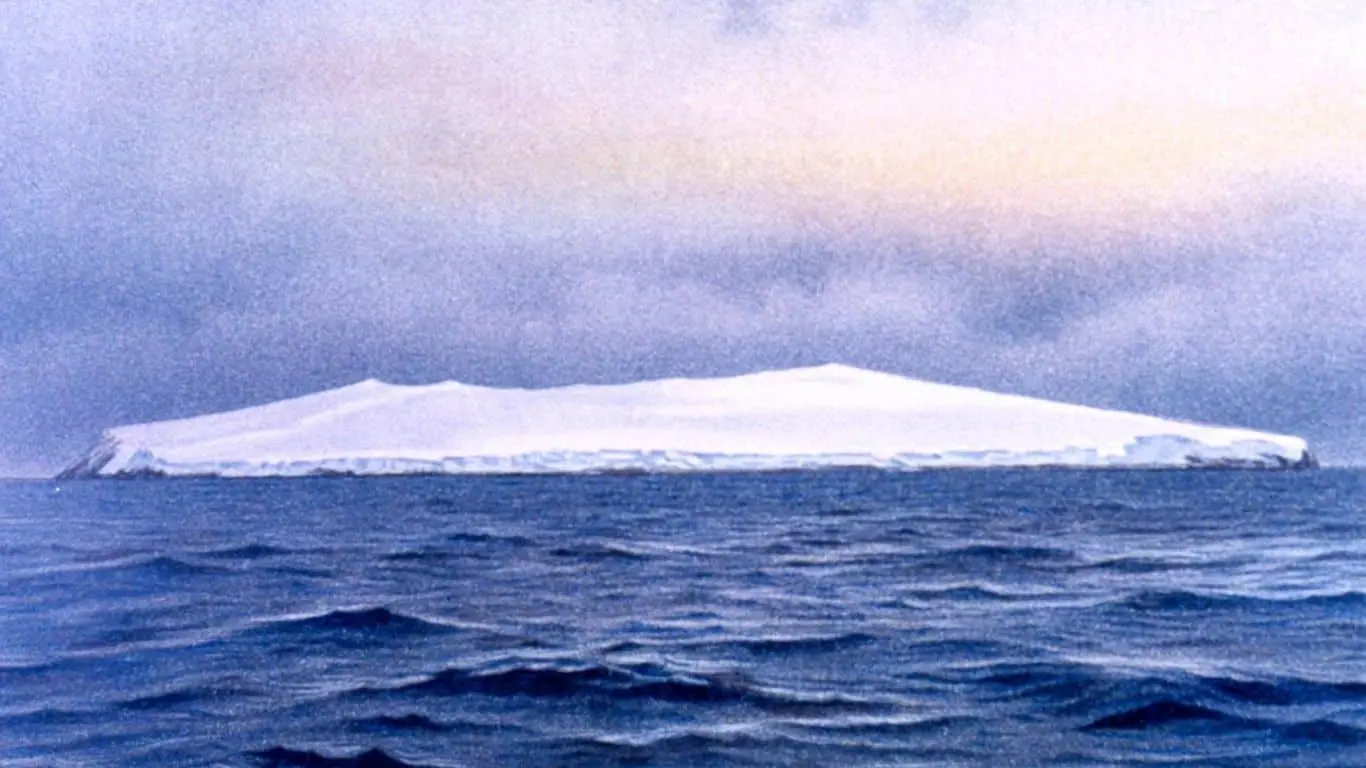
French explorer Jean-Baptiste Charles Bouvet de Lozier discovered Bouvet Island, an uninhabited and remote island near Antarctica. It remains one of the most isolated places on Earth.
1781: Pennsylvania Mutiny of 1781
In a significant event during the American Revolutionary War, approximately 1,500 soldiers of the 6th Pennsylvania Regiment, under General Anthony Wayne’s command, rebelled against the Continental Army’s winter camp in Morristown, New Jersey, as part of the Pennsylvania Mutiny of 1781.
1797: Albany Becomes the Capital of New York
Albany replaced New York City as the capital of New York State in 1797, a decision that continues to shape the state’s political landscape.
1800: Dissolution of the Dutch East Indies Company
The Dutch East Indies Company, a major player in the history of colonialism and trade, was dissolved in 1800, marking the end of an era in global commerce.
1801: Discovery of the Dwarf Planet Ceres
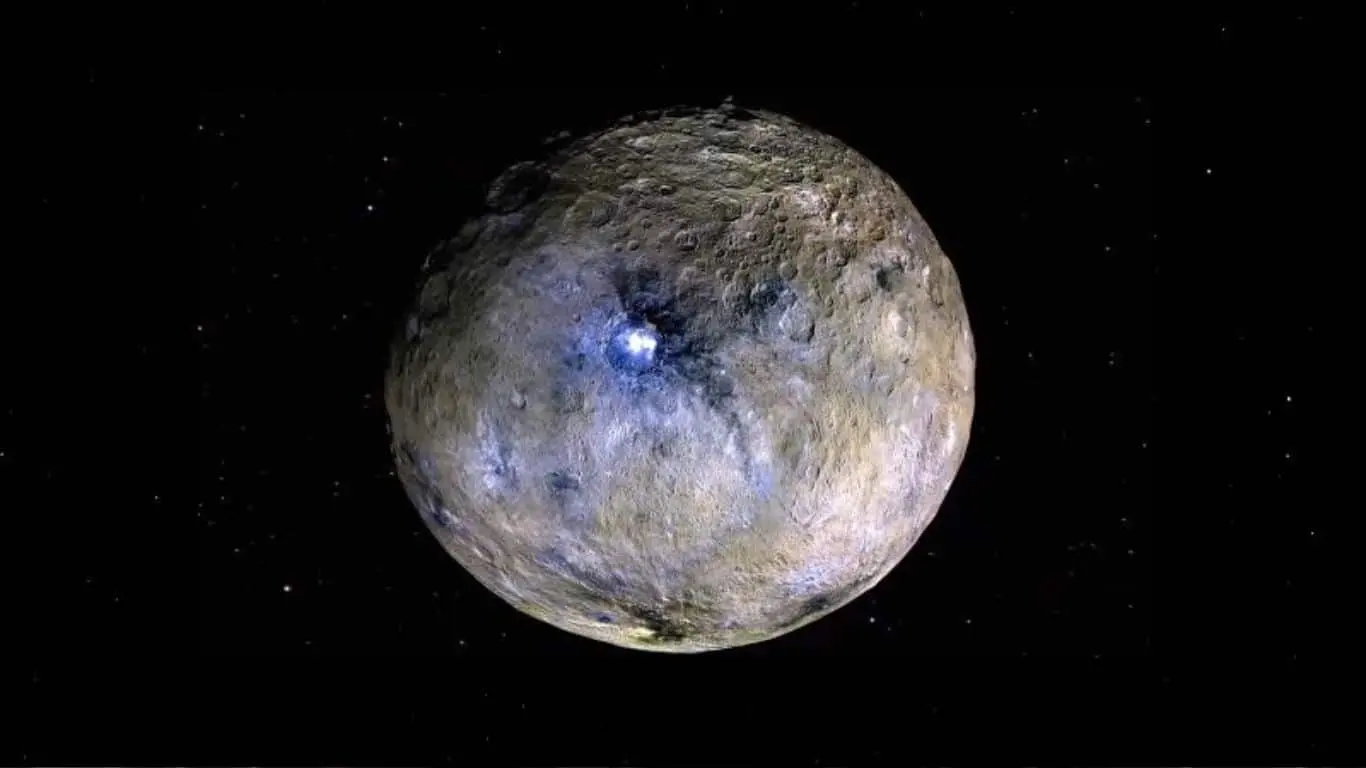
Italian monk Giuseppe Piazzi discovered the dwarf planet Ceres, a significant celestial body in our solar system.
1801: Formation of the United Kingdom of Great Britain and Ireland
On January 1, 1801, the Irish Parliament voted to join the Kingdom of Great Britain, leading to the formation of the United Kingdom of Great Britain and Ireland.
1818: Publication of Mary Shelley’s “Frankenstein”
Mary Shelley’s iconic novel “Frankenstein; or, The Modern Prometheus” was published anonymously in London, becoming a cornerstone of the science fiction genre.
1818: Official Reopening of the White House
The White House in Washington, D.C., was officially reopened on January 1, 1818, after being reconstructed following its partial destruction during the War of 1812.
1831: Publication of the First Issue of “The Liberator”
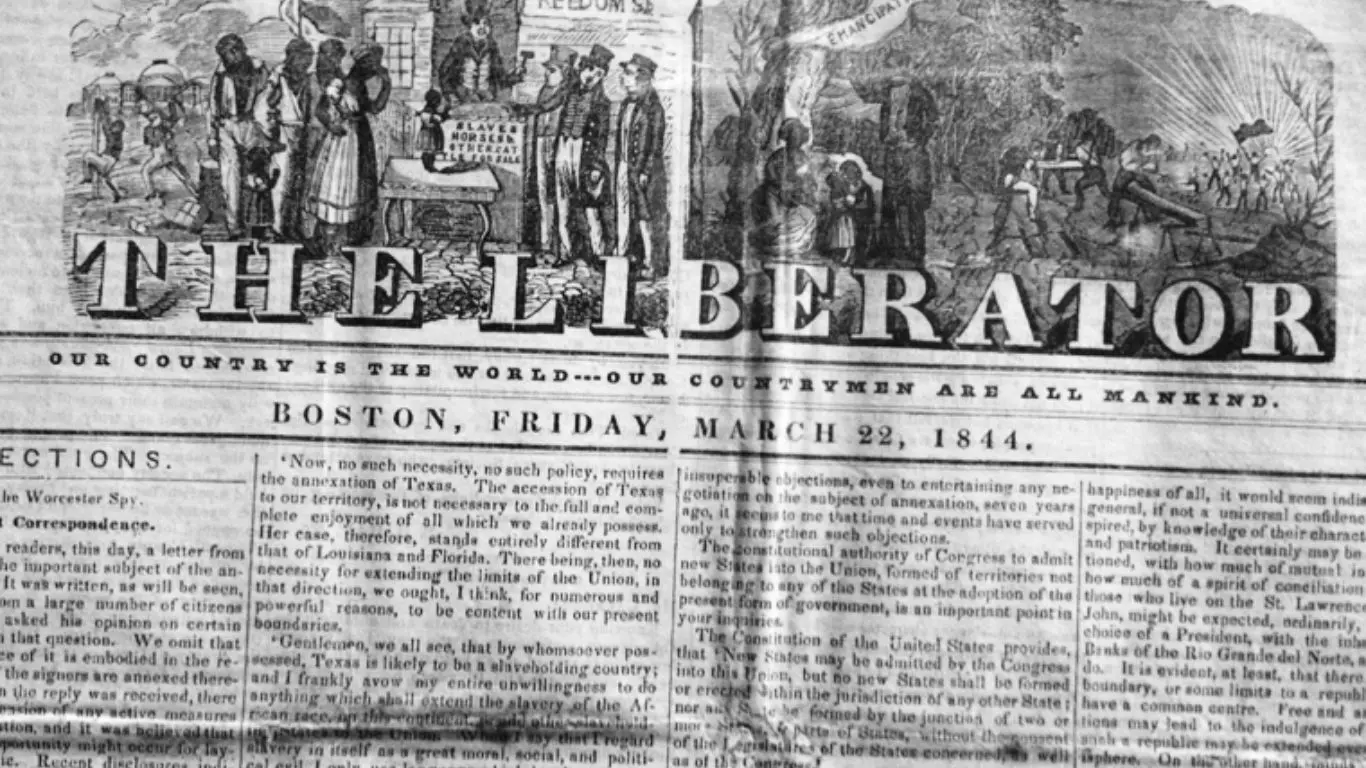
Abolitionist William Lloyd Garrison published the first issue of “The Liberator” in Boston. This newspaper played a crucial role in the fight against slavery.
1838: First Official Horse Race in South Australia
South Australia witnessed its first official horse race on this date, marking the beginning of a rich tradition of horse racing in the region.
1847: Michigan Abolishes Capital Punishment
Michigan became the first U.S. state to abolish capital punishment in 1847, setting an important precedent in the movement against the death penalty.
1853: Introduction of the First Practical Horse-Drawn Fire Engine in the U.S.
The U.S. introduced the first practical horse-drawn fire engine in Cincinnati, Ohio, significantly improving fire response capabilities.
1858: Adoption of Decimal Currency System in Canada
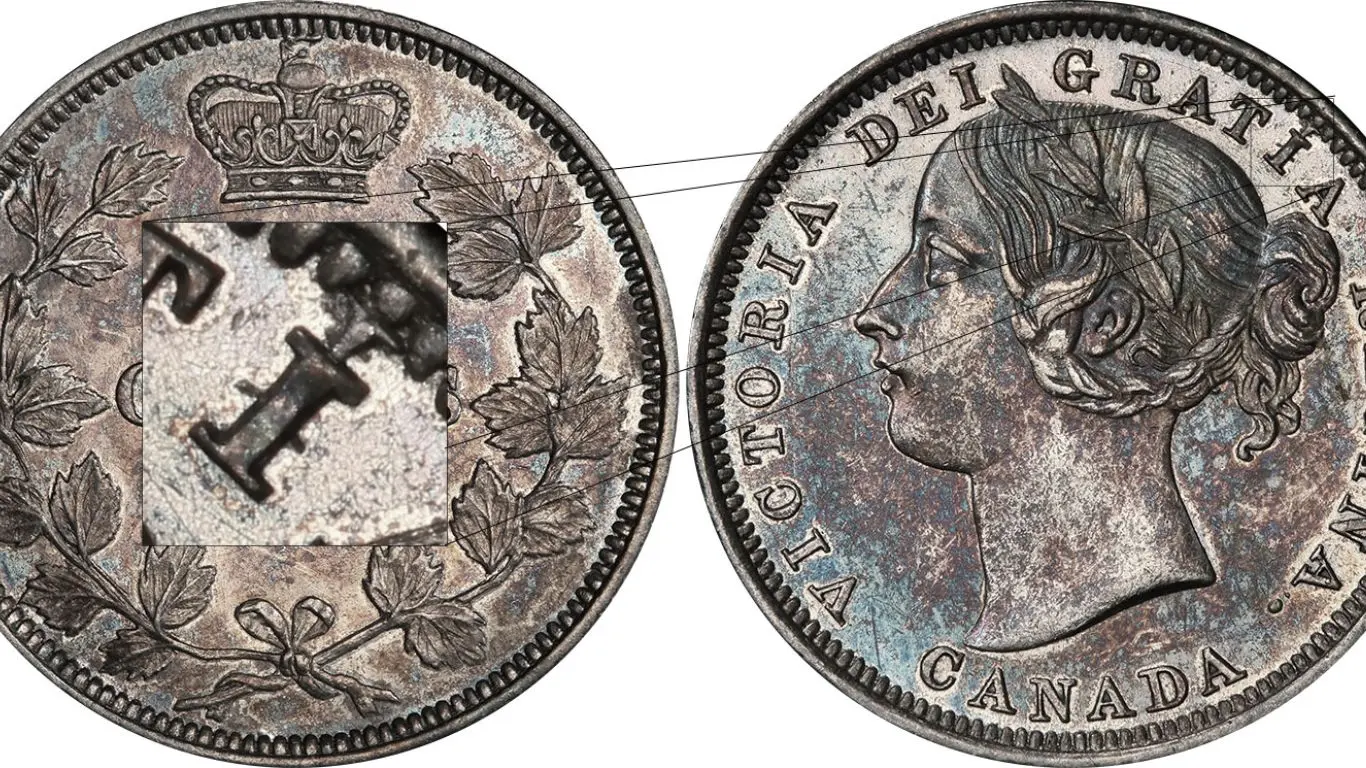
Canada began using the decimal currency system, simplifying its monetary system.
1863: Issuance of the Emancipation Proclamation
President Abraham Lincoln issued the Emancipation Proclamation, declaring the freedom of enslaved people in Confederate states during the American Civil War.
1869: Fall of Asunción in the War of the Triple Alliance
Paraguay’s capital, Asunción, fell to Brazilian forces led by General João de Souza da Fonseca Costa during the War of the Triple Alliance.
1877: Proclamation of Queen Victoria as Empress of India
Queen Victoria was proclaimed Empress of India, solidifying British imperial rule on the Indian subcontinent.
1898: Formation of the City of New York
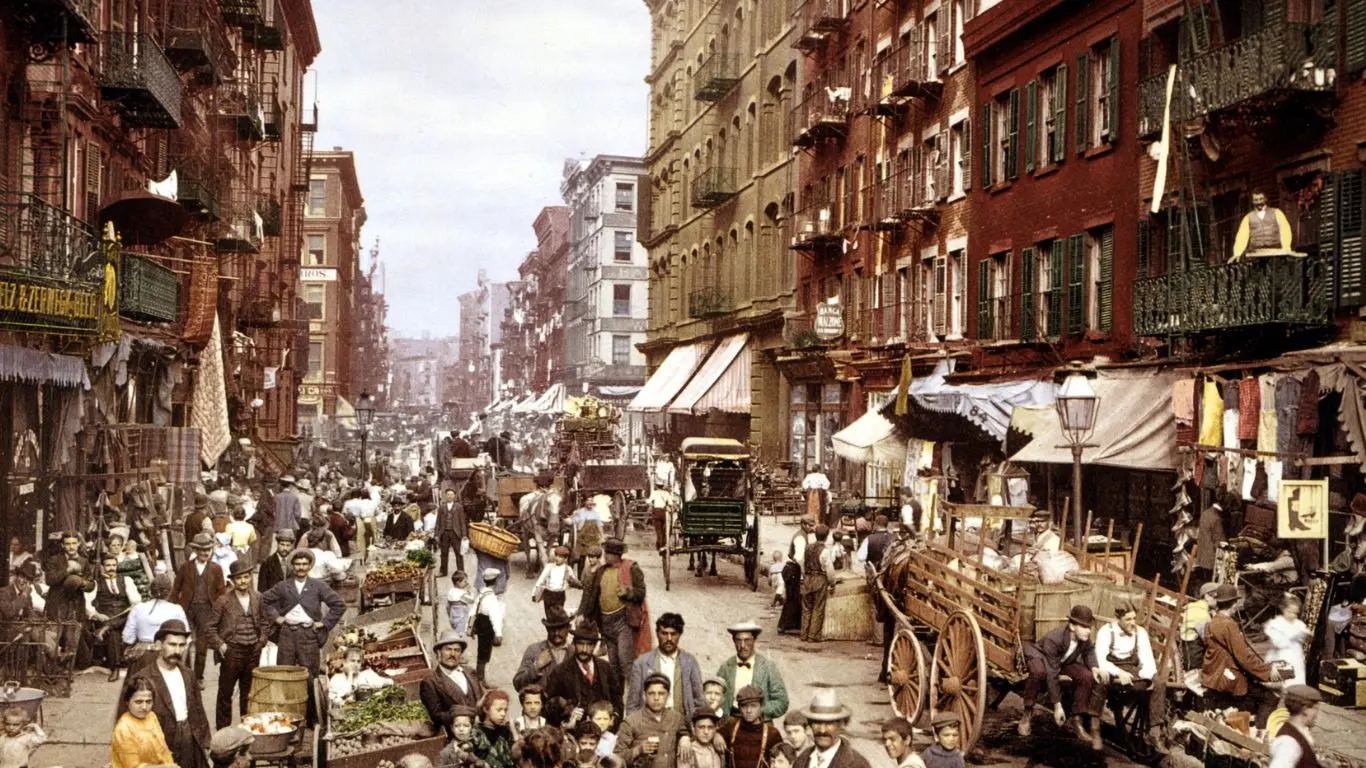
Brooklyn merged with New York City, forming the present-day City of New York, with its iconic five boroughs.
1901: Establishment of the Commonwealth of Australia
The Commonwealth of Australia was formed with the British Parliament Act, marking a significant step toward Australian nationhood.
1903: Great Durbar in Delhi for the Coronation of King Edward VII
A grand durbar, or formal reception, was held in Delhi to mark the coronation of King Edward VII as Emperor of India, a pivotal moment in British India’s history.
1881: Dr. John Watson Introduced to Sherlock Holmes
Dr. John Watson was introduced to the world of detective fiction through Arthur Conan Doyle’s writing, marking the beginning of one of literature’s most iconic partnerships.
1907: President Theodore Roosevelt Shakes Record Number of Hands
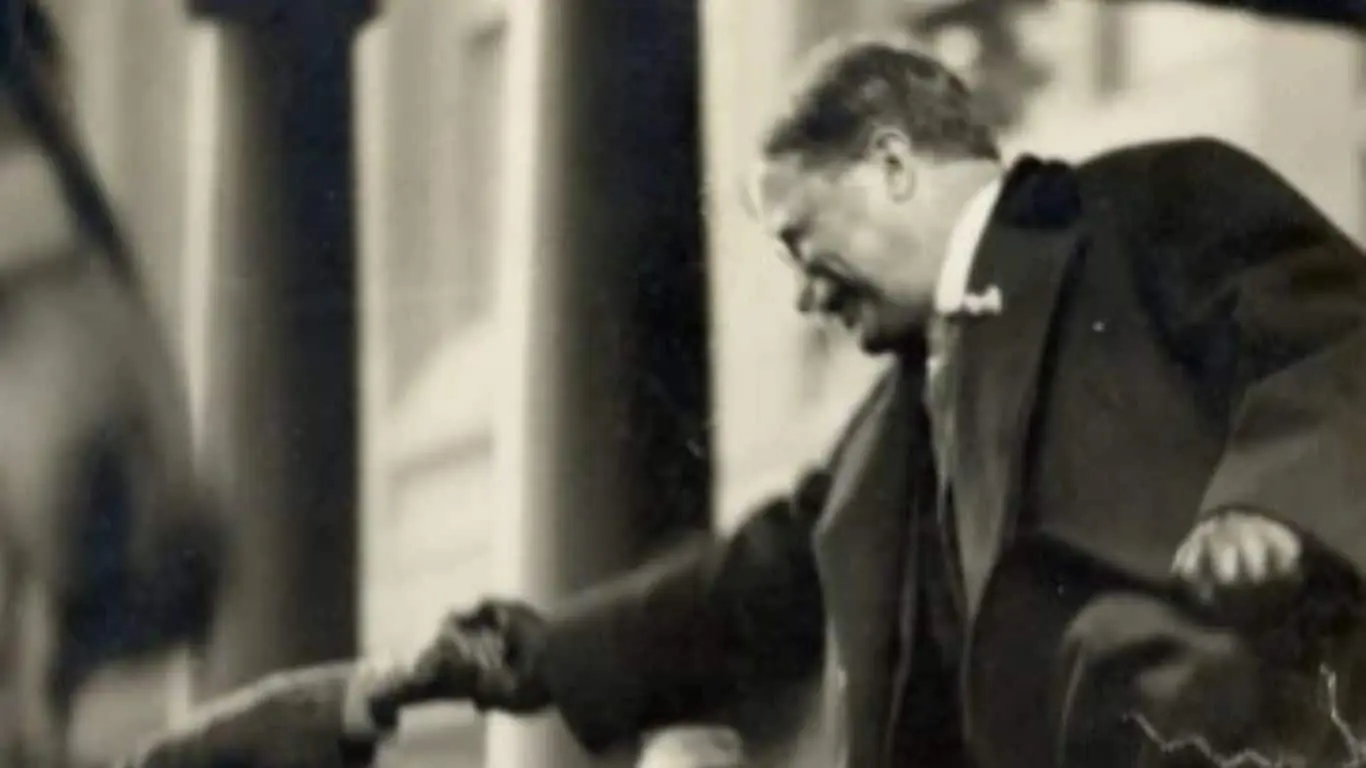
President Theodore Roosevelt set a record by shaking hands with a staggering 8,513 people in a single day.
1912: Sun Yat-sen Forms the Republic of China
Dr. Sun Yat-sen played a crucial role in the formation of the Republic of China, marking a significant transition in Chinese history.
1932: Himmler’s Wedding Laws and Aryan Descent
The Rasse und Siedlungshauptamt published Heinrich Himmler’s wedding laws, which required SS men to prove their Aryan descent to have children, reflecting the deeply troubling policies of Nazi Germany.
1916: First Blood Transfusion Using Stored and Cooled Blood
Medical history was made with the first successful blood transfusion using stored and cooled blood, a crucial advancement in healthcare.
1916: Publication of the First Issue of the “Journal of Negro History”
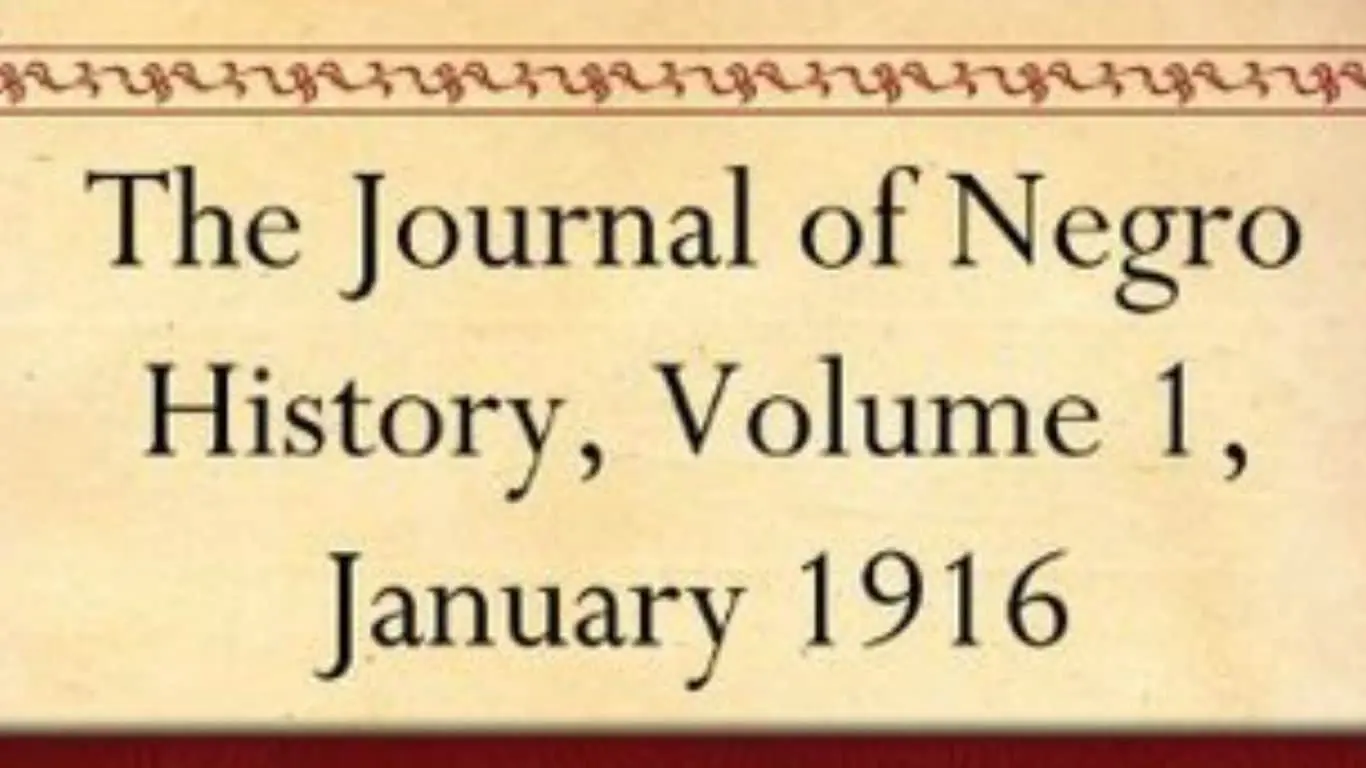
The “Journal of Negro History” published its first issue, contributing to the study and preservation of African American history and culture.
1919: Edsel Ford Becomes President of Ford Motor Company
Edsel Ford succeeded his father, Henry Ford, as president of the Ford Motor Company, playing a key role in the company’s development.
1896: Discovery of X-Rays by Wilhelm Röntgen
German physicist Wilhelm Röntgen announced his groundbreaking discovery of X-rays, revolutionizing the field of medical imaging.
2004: Pakistan General Pervez Musharraf’s Presidential Victory
General Pervez Musharraf won a vote of confidence in Pakistan, securing his position as President according to the Pakistani Constitution.
2008: Legalization of Same-Sex Civil Unions in New Hampshire

A new law legalizing civil unions for same-sex couples came into effect in New Hampshire, marking progress in LGBTQ+ rights.
2017: António Guterres Becomes United Nations Secretary General
Portuguese politician and diplomat António Guterres assumed the role of United Nations Secretary-General, taking on the vital task of global leadership.
2018: Phil Taylor’s Final World Darts Championship
Phil Taylor, a 16-time world darts champion, participated in his final World Darts Championship, marking the end of a legendary career in darts.
2019: Legalization of Same-Sex Marriage in Austria
Austria legalized same-sex marriage, expanding marriage equality in the country.
2023: Luiz Inácio Lula da Silva’s Third Term as President of Brazil
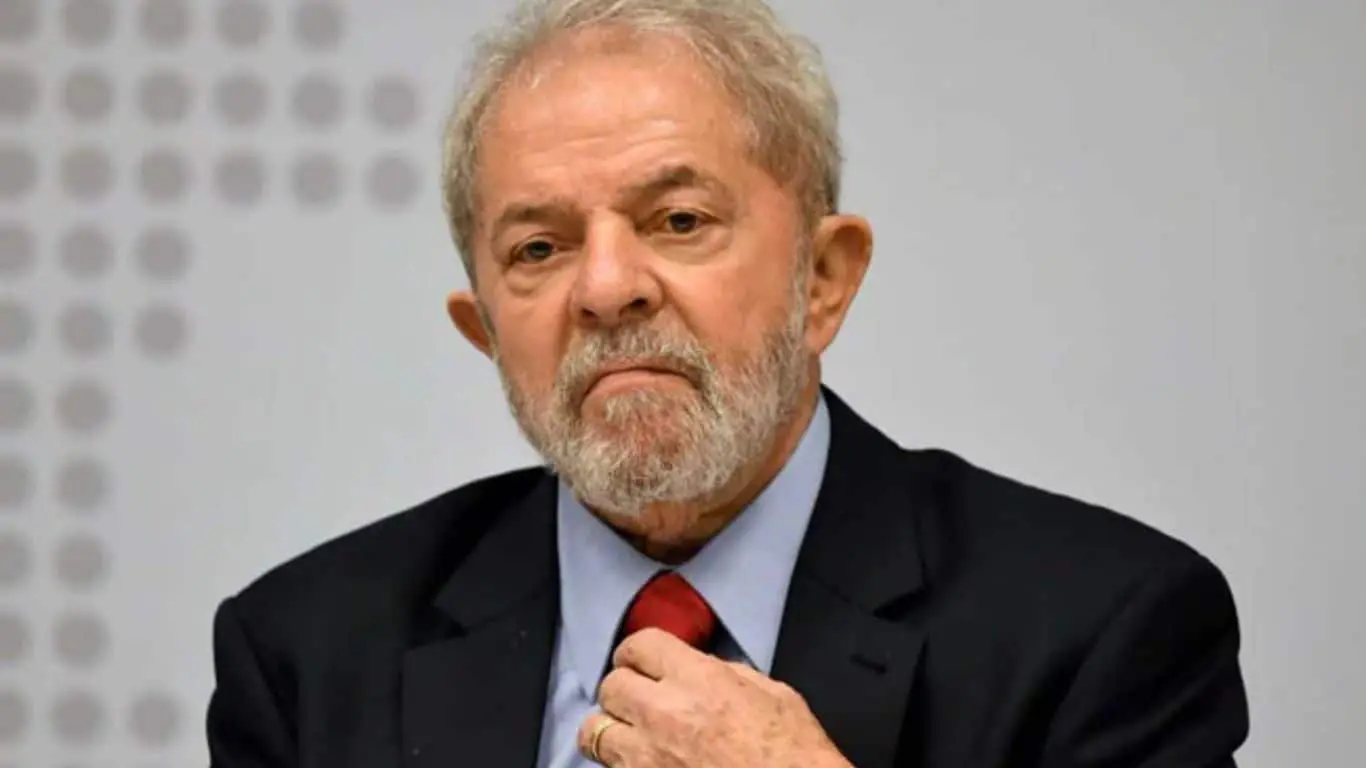
Luiz Inácio Lula da Silva was sworn in as the 39th President of Brazil, marking his third term in office and a significant moment in Brazilian politics.
1977: Jacqueline Means Becomes the 1st Woman Ordained as an Episcopal Priest
Jacqueline Means made history by becoming the first woman formally ordained as an Episcopal priest, paving the way for gender equality in religious leadership.
1978: Tragedy as Air India B747 Explodes Near Bombay
A tragic incident occurred when Air India B747 exploded near Bombay (now Mumbai), resulting in the loss of 213 lives.
1981: Publication of Mario Vargas Llosa’s “The War of the End of the World”
Peruvian novelist Mario Vargas Llosa published his historical novel “The War of the End of the World,” contributing to the world of literature.
1948: Filming of the First Color Newsreel
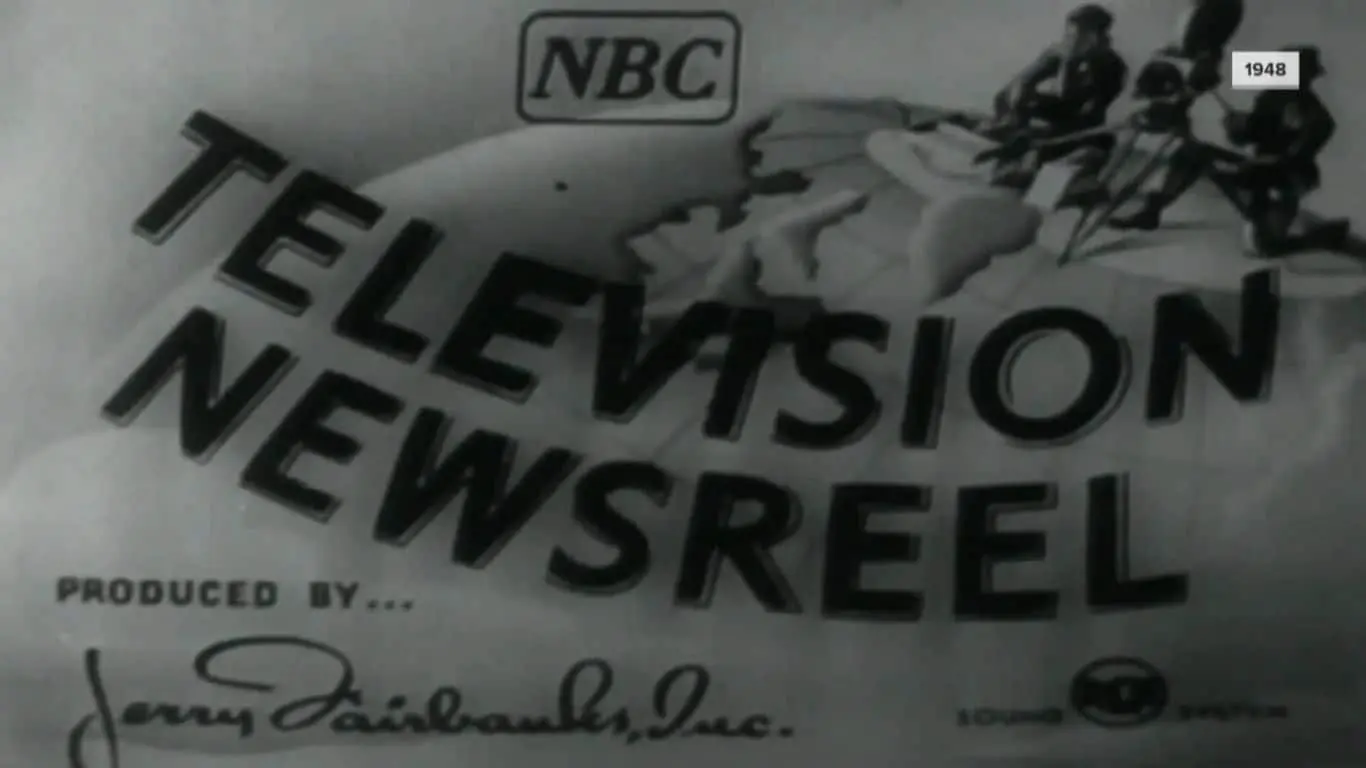
The first color newsreel was filmed in Pasadena, California, marking a technological advancement in visual journalism.
Also Read: Major Historical Events on December 29 – Today in History



